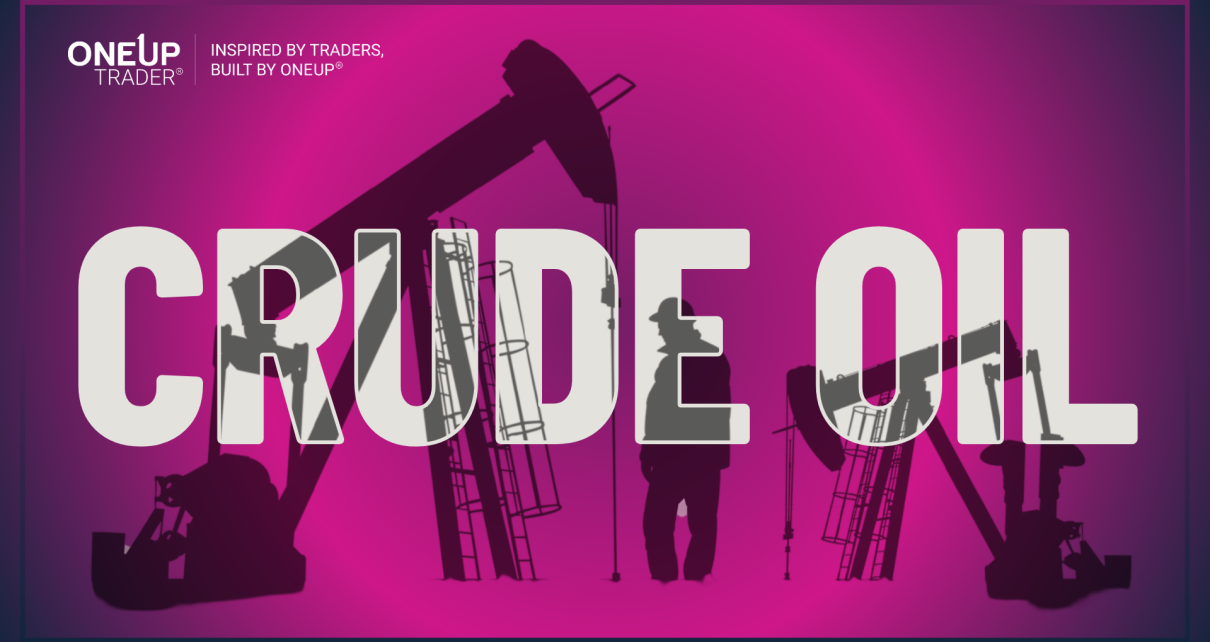- US oil stockpiles dropped last week by 5.1 million barrels.
- In April, consumer confidence in the United States hit a nine-month low.
- Shipments and new orders for important capital goods produced in the United States plummeted in March.
Oil fell by about 4% on Wednesday as concerns about the world’s largest economy’s impending recession deepened. Oil fell even after a survey revealed that US crude stocks decreased more than anticipated.
Energy Information Administration data showed that US oil stockpiles declined by 5.1 million barrels last week to 460.9 million. It was above analyst expectations of a 1.5 million reduction and might have capped losses in oil.
The EIA said that the stockpiles of gasoline and distillate also decreased. Gasoline fell by 2.4 million barrels to 221.1 million, while distillate by 600,000 barrels to 111.5 million.
The price of oil has lost all of its OPEC+ gains. The Organization of Petroleum Exporting Countries, with its producer allies, like Russia, announced an additional output cut in April. The reduction will continue through the end of the year. This helped propel oil at the time.
Alexander Novak, deputy prime minister of Russia, stated on Wednesday that OPEC+ is still a useful tool for coordination.
Tuesday saw a more than 2% decline in oil prices due to persisting economic worries. There is also an anticipation of additional interest rate increases, which might hurt oil demand. These factors offset signs of increasing short-term consumption.
In April, consumer confidence in the United States hit a nine-month low as anxieties grew. The report increased the likelihood that the economy could experience a recession this year.

Additionally, shipments and new orders for important capital goods produced in the United States plummeted more than anticipated in March. This implied that business equipment investment would likely cause weakness in first-quarter economic growth.
Orders for non-defense capital goods, excluding airplanes, decreased by 0.4% last month. It is a commonly watched indicator of industry spending plans.
Stephen Brennock of PVM Oil stated that the report would add credence to claims the US economy is edging closer to a recession.
Investors are also concerned that future interest rate increases by central banks could stifle economic development. The hikes might reduce energy demand in the US, UK, and the EU.
The Fed, the BOE, and the ECB are all anticipated to hike interest rates at their upcoming meetings.


